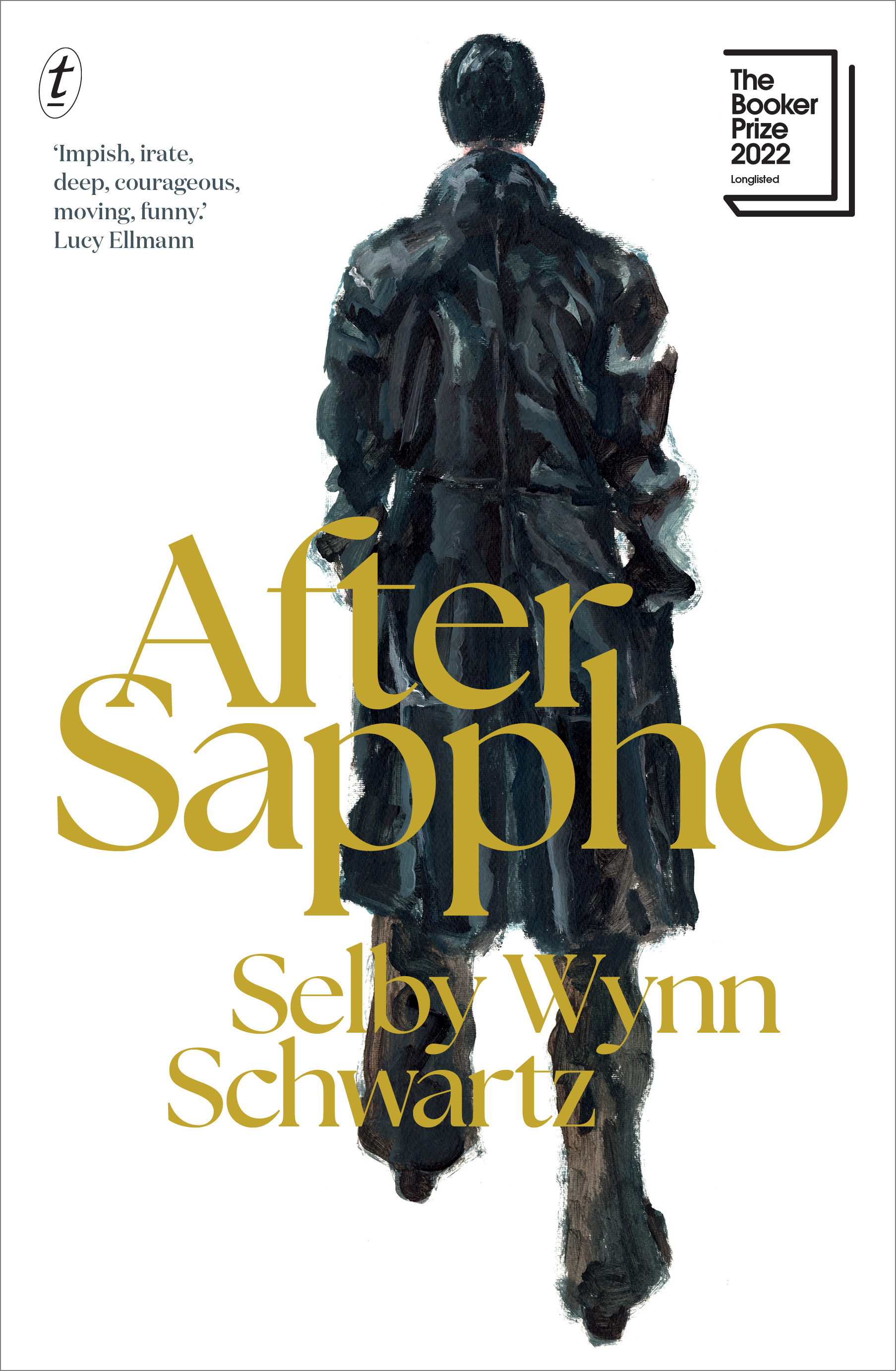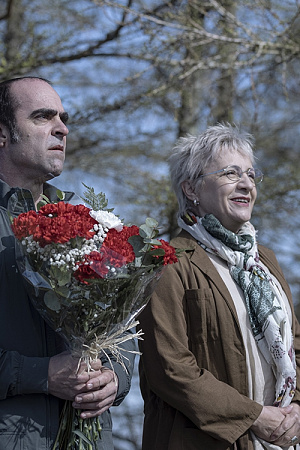After Sappho
Text Publishing, $29.99 pb, 277 pp
Queers in the canon
Whether or not you have read literary critic Harold Bloom, you have likely heard the term ‘anxiety of influence’, coined in his 1970s book of the same name. There and in The Western Canon (1994), Bloom proposes a vision of creativity inspired by Freud, the Romantics, and the Ancient Greeks, in which great men throughout history wrestle one another for poetic supremacy. Creative production is a violent, Oedipal struggle in which only a ‘strong’ poet can overcome the influence of his forebear. And yes, it is almost always a ‘him’. In The Western Canon, only four women in history make the cut in a list of twenty-six, mostly English-language, writers whom Bloom deems central to Western civilisation (Shakespeare, Proust, Beckett, etc.). My nit-picking would no doubt have annoyed Bloom, who rankled at what he called the School of Resentment – feminist, Marxist, and race studies scholars who kept tampering with the canon in the name of social justice. For him, aesthetic value transcends these concerns and can be objectively assessed. Some people (almost always male) are simply geniuses.
Bloom died in 2019 so we can only guess his take on Selby Wynn Schwartz’s After Sappho, a novel which weaves together fictionalised biographies of real-life, queer, feminist writers, artists, and activists – some famous, others not – who clustered in Europe around the turn of the twentieth century. Pitting her novel against centuries of systemic gatekeeping, erasure, and violence, Schwartz has eyes on the canon. By weaving historical events and legal texts into fiction, After Sappho exposes how the patriarchy has erected its narrow canon in law and in literature and then defended itself as if it were already there, the natural order.
Like her masculine predecessors, Schwartz is well versed in the classics. She diverges from their path with knowing glee, however, to revel in influence as an immersive experience. After Sappho creates a vision of creative, sexual, and romantic connection between women that is as lush and joyful as it is enraged by men’s violence.
Continue reading for only $10 per month. Subscribe and gain full access to Australian Book Review. Already a subscriber? Sign in. If you need assistance, feel free to contact us.









Leave a comment
If you are an ABR subscriber, you will need to sign in to post a comment.
If you have forgotten your sign in details, or if you receive an error message when trying to submit your comment, please email your comment (and the name of the article to which it relates) to ABR Comments. We will review your comment and, subject to approval, we will post it under your name.
Please note that all comments must be approved by ABR and comply with our Terms & Conditions.